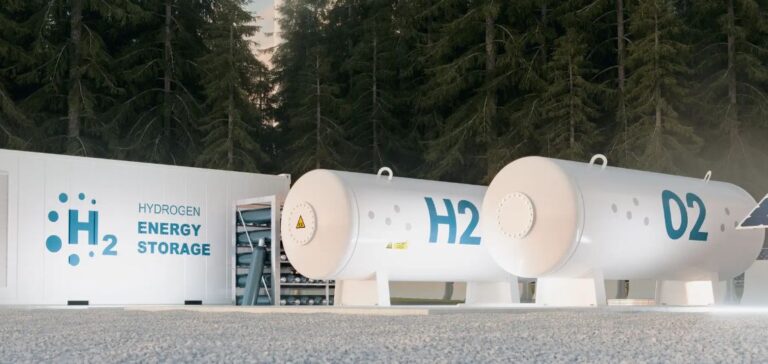A major green hydrogen project in Australia, led by an international consortium of companies, has been put on hold, raising concerns about the future of this key sector in the energy transition. The initial goal of the proposal was to produce hydrogen from renewable energy sources, contributing to the export of this green fuel. However, recent changes in Australia’s political and regulatory landscape have prompted investors to slow their commitments or even suspend already well-advanced projects.
Local authorities, while aware of the economic interest in green hydrogen, have yet to establish a stable and transparent regulatory framework for investors. As a result, some green hydrogen production projects that were close to launch have been paused. These uncertainties fuel concerns among companies about the long-term prospects of the industry, which still faces challenges such as infrastructure construction and high operational costs.
Regulatory Uncertainties Weaken Investor Confidence
The suspension of this project is just one example in a sector where political fluctuations and adjustments in government policies directly affect investment decisions. The volatility of energy policies, particularly the revision of subsidies for green hydrogen and changes in climate objectives, has created an atmosphere of uncertainty that weighs on long-term projects. Market analysts believe that regulatory stability is essential to attracting sustainable investments in this field.
Green hydrogen, considered a key vector for decarbonizing several industrial sectors, remains a growing market with significant financial commitments underway. Governments worldwide recognize the strategic importance of this market, but the conditions for development and policy stability remain determining factors in the industry’s evolution.
Impact on Local and International Economic Players
The suspended project also represents a setback for local companies as well as for the international firms involved. Many of these companies, often seeking geographical diversification, aimed to establish a strong presence in Australia, which is a crucial market for green hydrogen exports. The suspension of the project could slow down Australia’s integration into global hydrogen production and export networks.
Economic players, particularly those focused on green technologies, must now reassess the risks associated with their investments in the country. Although Australia has abundant natural resources and significant potential for green hydrogen production, regulatory instability remains a major obstacle to the continued growth of this sector.






















